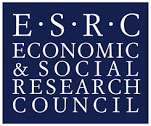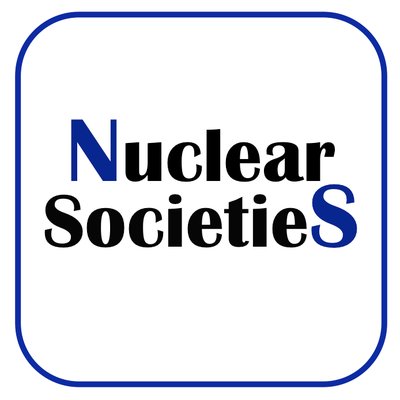Disposal Cultures was the interdisciplinary doctoral research project of Dr Marika Hietala that aimed to map differences in radwaste management practices and policies in the UK and Finland, and the ways in which these differences might affect the implementation of geological disposal of radioactive wastes. Marika was supervised by Prof. Susan Molyneux-Hodgson (Primary) and Prof. Neil Hyatt (Secondary) at the University of Sheffield.
The UK and Finland disposal projects operate under an EU-wide policy framework laid out by the 2011 EU directive on radioactive waste management. The trajectories of the UK and Finnish disposal projects, nonetheless, diverge considerably. The UK’s most recent attempt to find a disposal site came to a halt in 2013 and it is currently preparing for a new siting process. Finland, on the other hand, has a site and is preparing for the construction of an underground disposal facility.
To understand these differences in disposal trajectories, the Disposal Cultures project explores questions such as; How is geological disposal imagined within Finnish and UK? In what ways, if any, do these imaginations differ? How is radwaste performed manageable both in the laboratory and in public representations? What kind of work needs to be performed and by whom? How, and to whom or what, is responsibility for radwaste delegated to in the UK and Finland?
The Disposal Cultures project explores these questions through participatory laboratory ethnography and by following implementation processes in real time. It aims to contribute a comparative in-depth ethnographic analysis to the currently limited sociological conversations and ethnographical data related to geological disposal.



